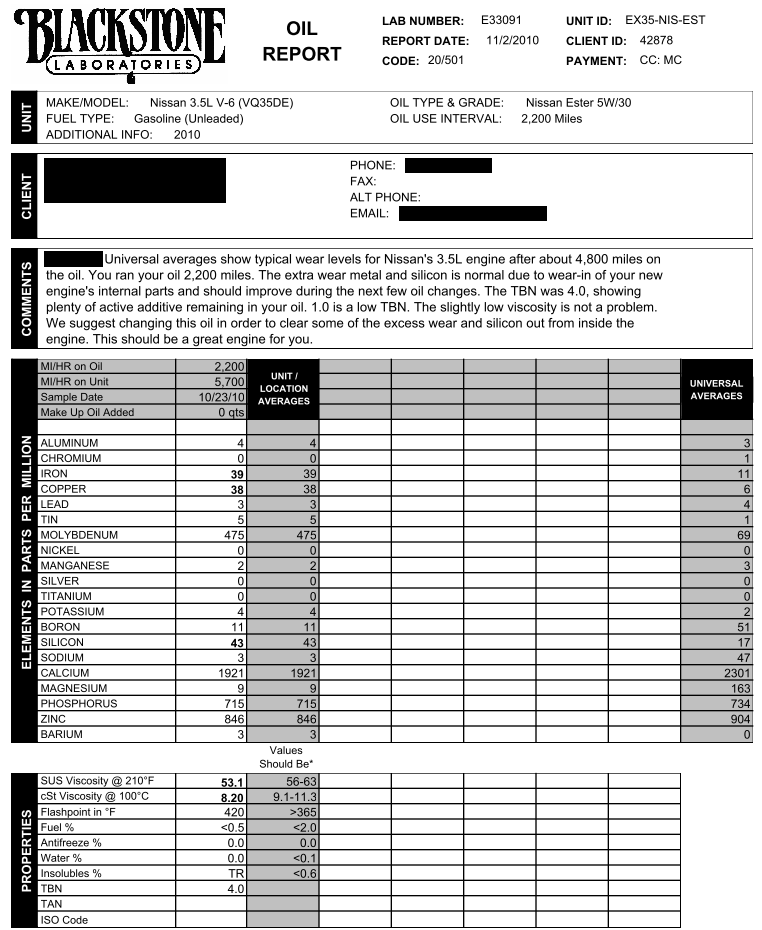I have been searching but haven't found any decent information about using nano particles in oil to make a sort of ball bearing type of lubrication. I came across this article about Nissan having a special patended oil that uses this idea so it seems to be more then snake oil.
Then I found both NanoMaterials and DiamondLube which seem to offer something similar to the Nissan oil, but I can not find anyone with any experience with these products. Therefore I turn to the people on BITOG and ask do anyone here have any experience or any thoughts regarding this nano lubrication technology? Is this the future of oil or just a fad?
Then I found both NanoMaterials and DiamondLube which seem to offer something similar to the Nissan oil, but I can not find anyone with any experience with these products. Therefore I turn to the people on BITOG and ask do anyone here have any experience or any thoughts regarding this nano lubrication technology? Is this the future of oil or just a fad?



